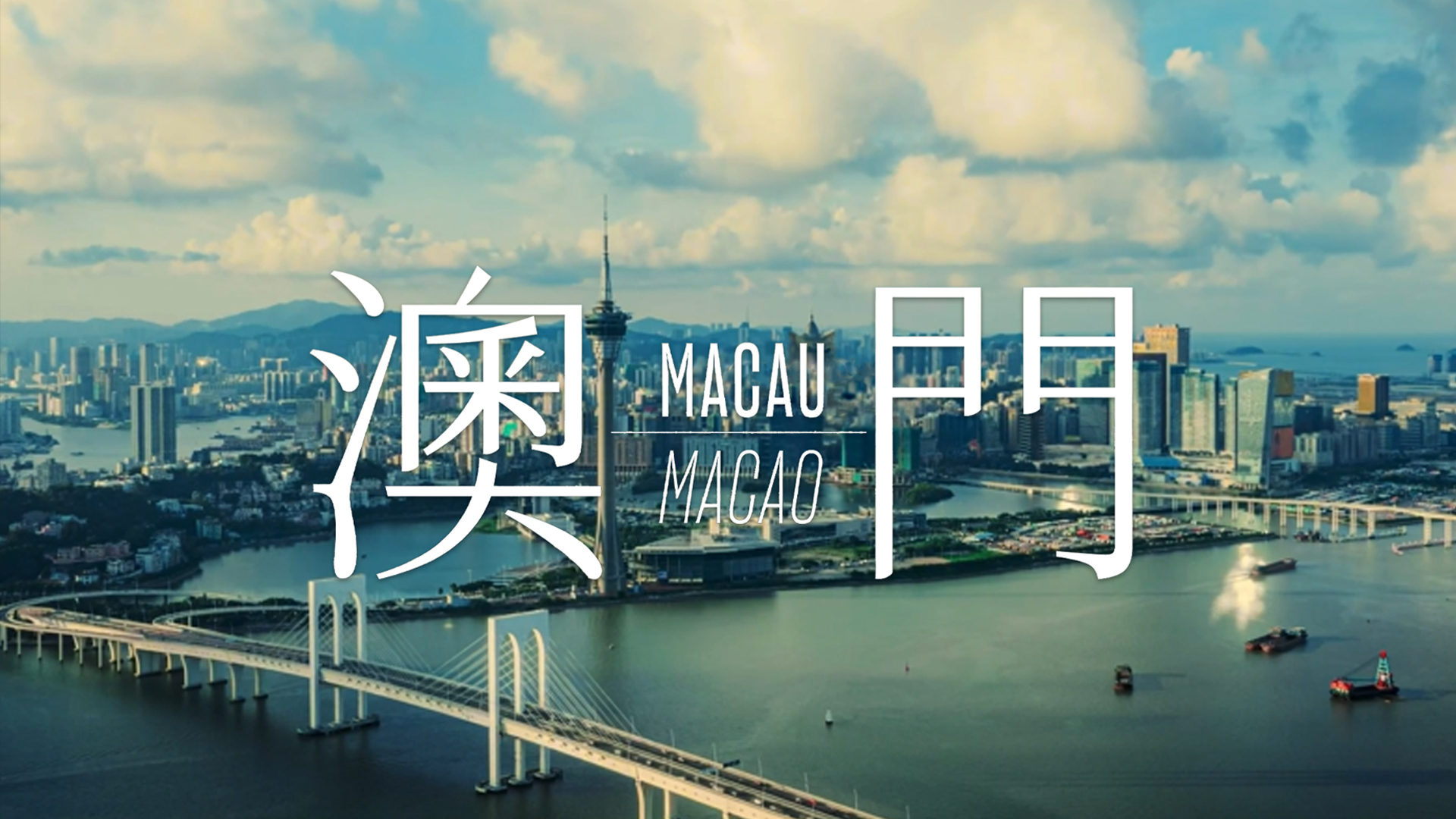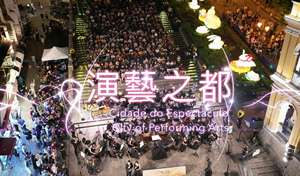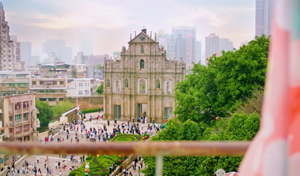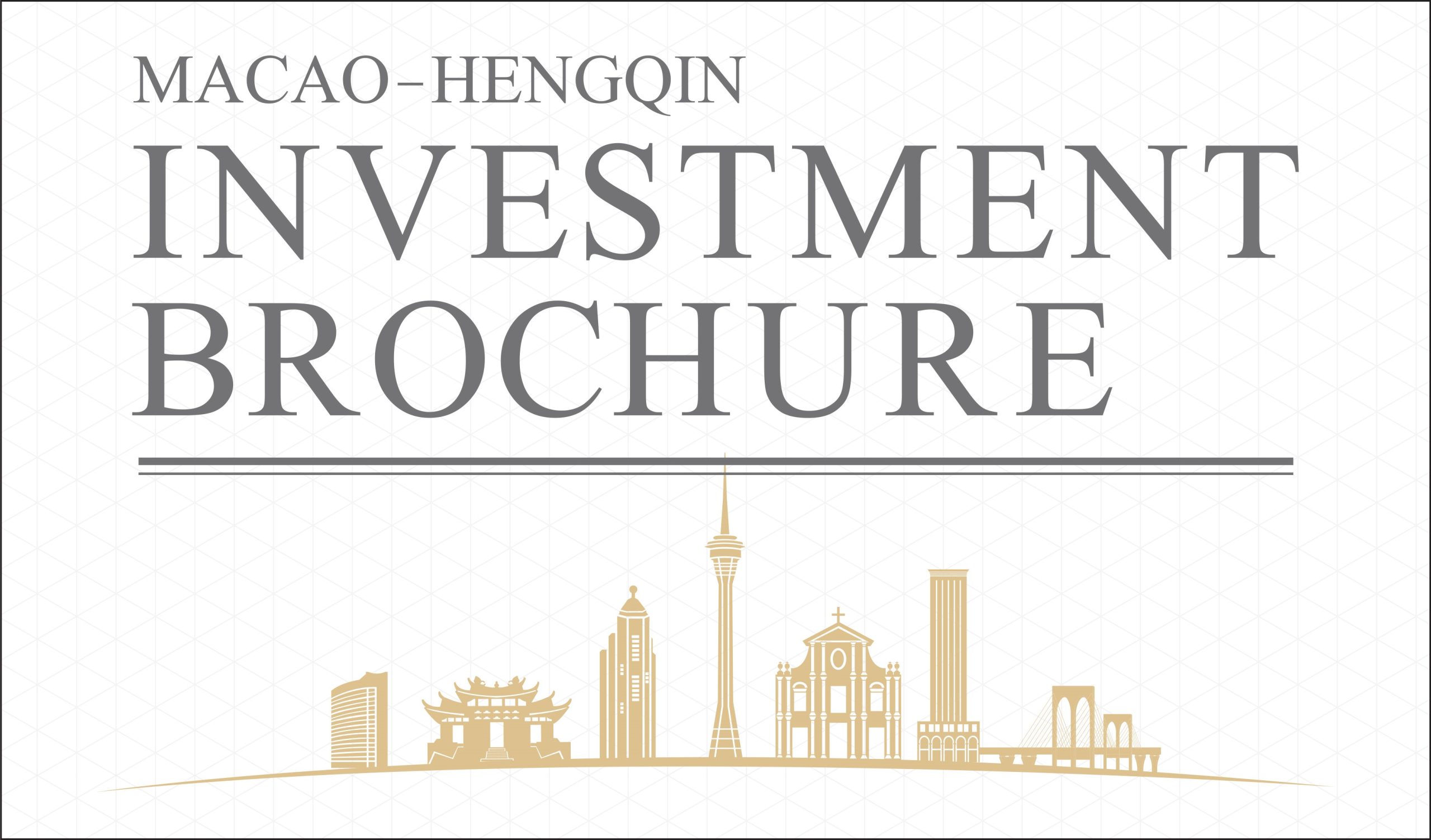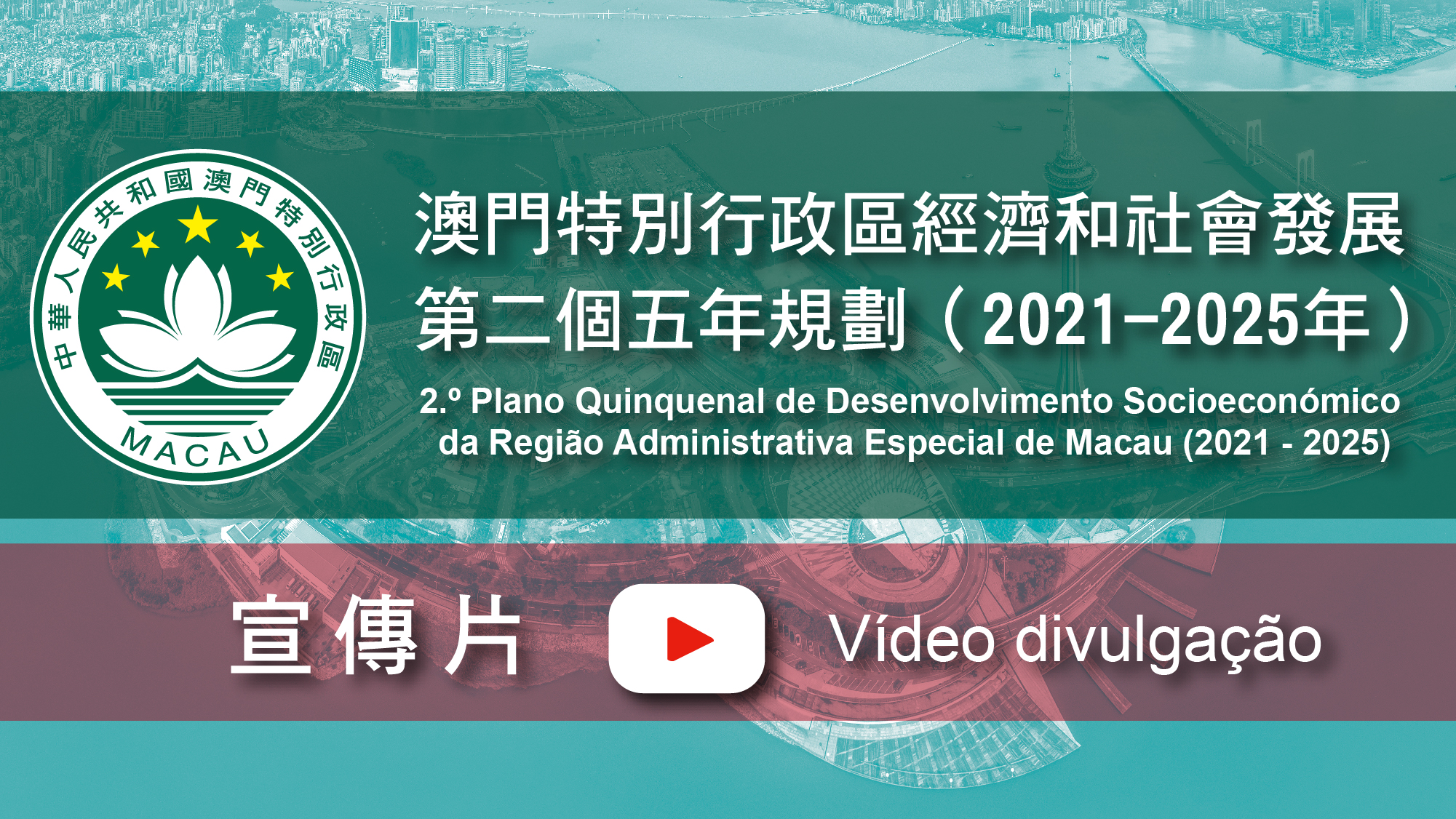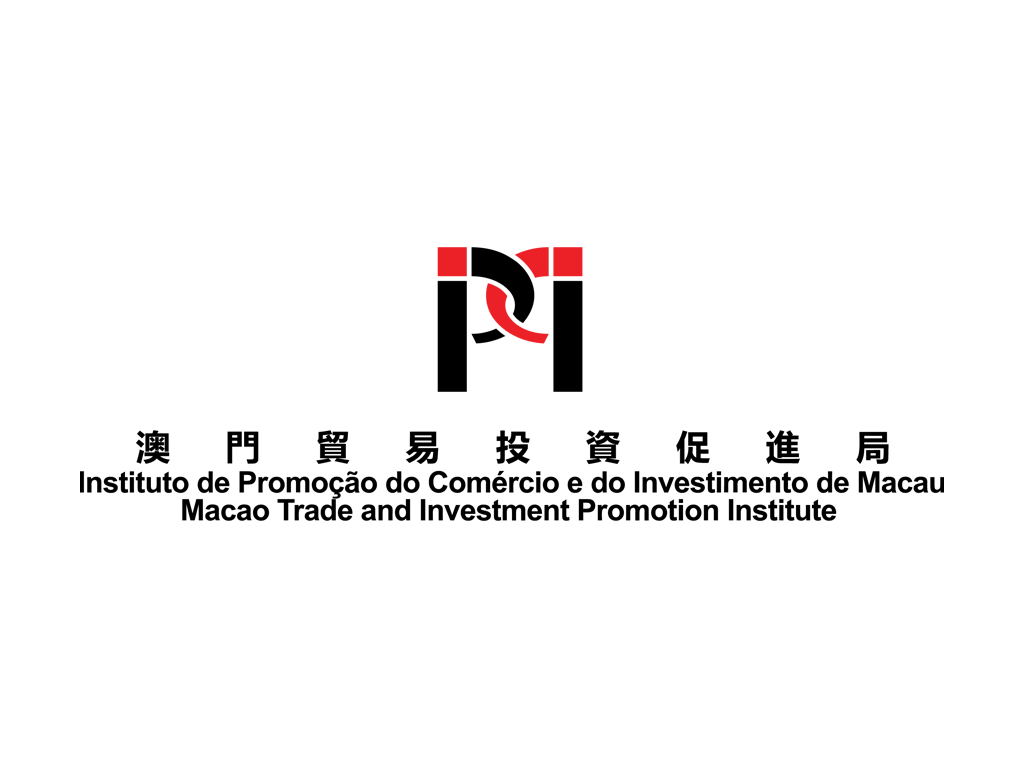Search Issues
DRAWING ON TALENTED RESOURCES
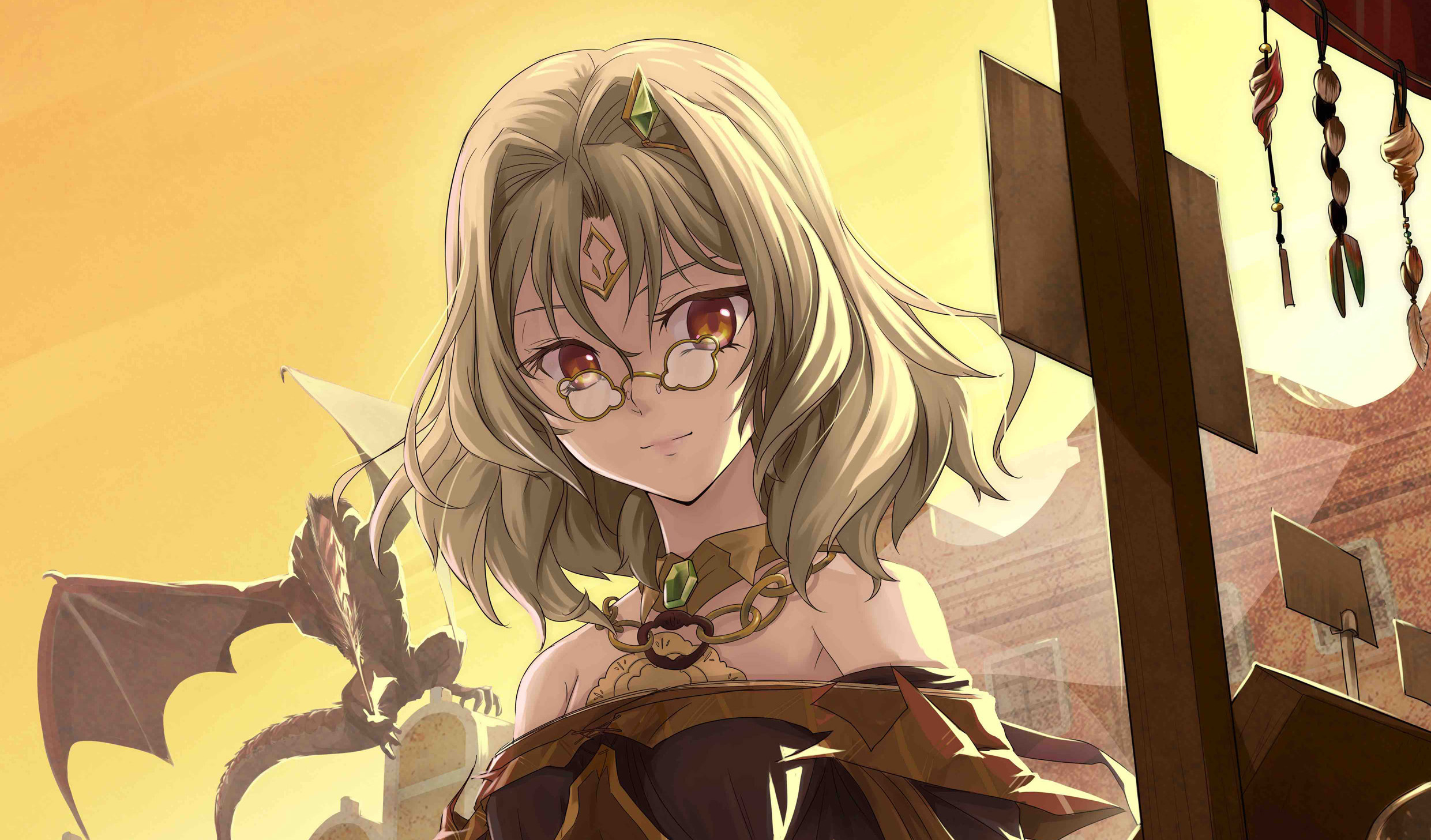
Macao’s comic books may lack international renown, but the city has some talented comic book artists eager to sell their work. The SAR Government is determined to build the cultural and creative industries in the city, so could the comic book art business grow here?

President of Macao comic book art association Maple Studio, who goes by the name a.C
Macau Comickers Association Vice-President Henry Chan says comic book art could have a role to play in advertising, rebranding, packaging design and online services such as Internet games. Mr Chan, a graphic designer and comic book artist, acknowledges that Macao’s comic book art industry is still in the early stages of development. He says many of the city’s businesspeople seek quick returns on their investments, but that the use of comic book art ought to be part of a long-term strategy, as making the characters depicted well known takes time – years, in some cases.
Macau Comickers Association is in charge of organising this year’s International Comic Artist Conference, to be held in Macao in October (see box). Mr Chan believes the conference might give a boost to the city’s comic book art industry, as it is an opportunity for Macao artists to meet artists and publishers from other countries. It also takes place at a good time given the push for the development of the convention and exhibition industry and of the cultural and creative industries.
Struggling artists
The President of Macao comic book art association Maple Studio, who goes by the name a.C, says: “It is very hard to create a good atmosphere for developing comic book art in Macao.”
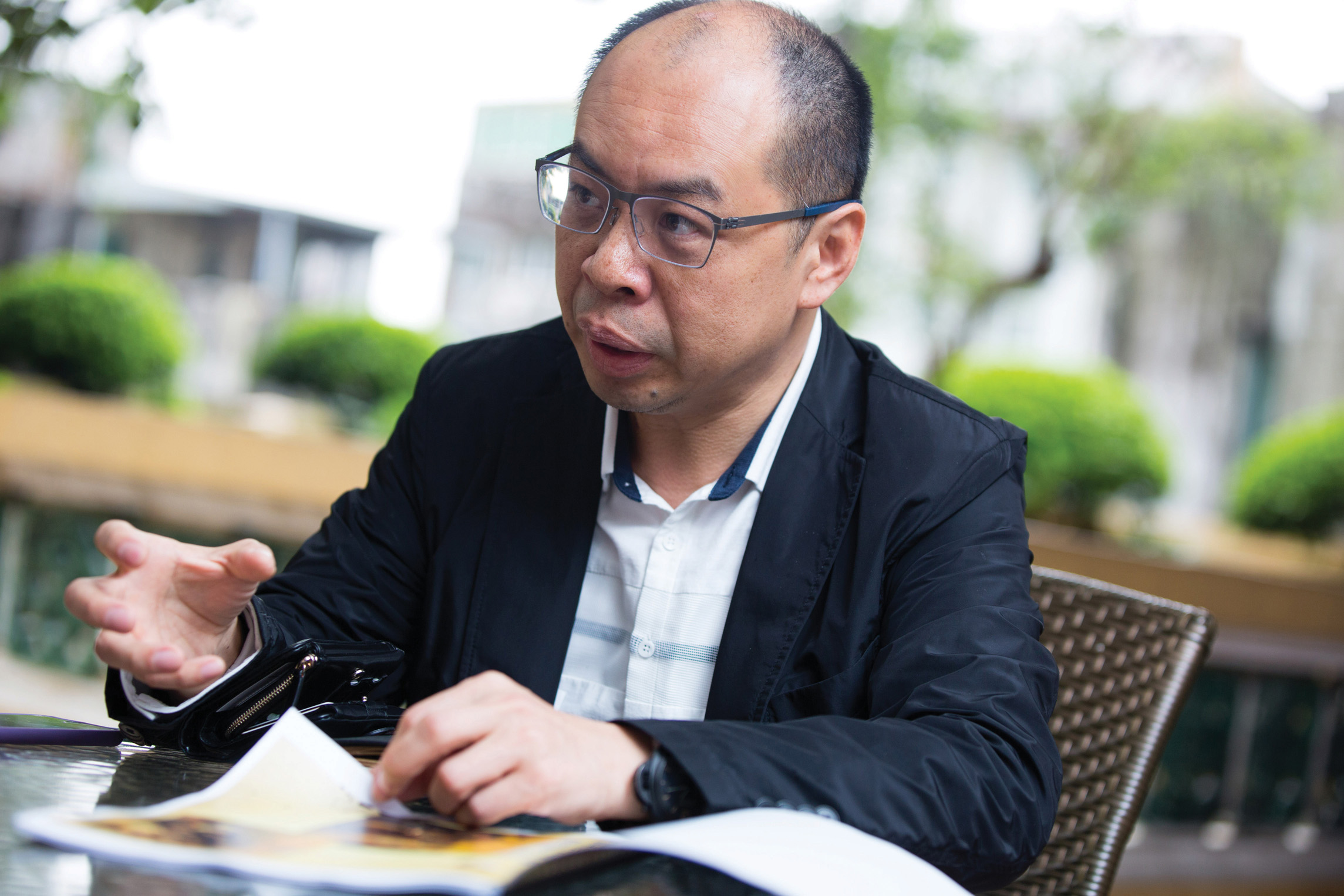
Henry Chan, Vice-President of Macau Comickers Association
a.C says success in developing the animation and manga industries in other parts of the world is usually due to the artists aiming to turn their work into brands. Macao comic book artists tend to work mainly by themselves, without long-term goals. “Many”, he says, “either pursue their careers abroad or keep their work at the amateur level”.
Mr Chan points out that the Macao market is small. “We must focus in the market abroad,” he says. The International Comic Artist Conference could help Macao comic book artists do so.
Some Macao comic book artists have great skill but do not stand a chance of making a success of their careers at home. Artists find it difficult to make a living from their art in Macao, and most practise their art part-time, Mr Chan says. Artist a.C says Macao comic book artists have trouble juggling their art and jobs that pay them enough money to live on.
Few people in Macao read comic books, and they give little feedback to the artists, a.C says. “This hugely impacts the way the artists learn from their creations,” he says. Many artists refuse to accept the opinion of others, and artists have nobody to do market research for them in Macao, he notes.
Mr Chan says: “It is very hard now in Macao to publish a comic book.” Usually, any comic book that is published with the support of the government. Setting up a publishing house for comic books is difficult, because of high rents and rates of pay, he says.
Drawing an industry
What can be done in the future to develop a comic book art industry in Macao? Mr Chan says holding the International Comic Artist Conference in the city is a good start. His association is determined to show the government the advantages of making comic book art part of Macao’s array of cultural and creative industries.
The Macau Comickers Association wishes to establish an arrangement that would allow Macao comic book artists to exchange ideas, share information, join exhibitions and even do business abroad. Mr Chan and his colleagues intend to help artists promote their work at home and overseas. “Our association has selected some good, skilled, potential artists,” he says.
Progress toward building a comic book art industry in Macao has been too slow, says a.C., who argues that the rest of the world has developed this industry much quicker. The younger generation of artists have had no example set for them. “They don’t see anyone doing the business now, and there is also no definite track to follow,” he says.
But comic book artists in other places in the world have faced similar problems, a.C says. “If Macao comic book artists can persist and think of new ways to create comic book art, in the future they may set a new trend in the world.”
INTERNATIONAL COMIC ARTIST CONFERENCE COMES TO MACAOMacao is hosting this year’s International Comic Artist Conference. The city is holding the event for the first time in the conference’s 20-year history. Macau Comickers Association Vice-President Henry Chan says his association had been trying for five years before its bid to hold this year’s conference succeeded. “We want to present Macao as a very good place for cultural exchanges,” Mr Chan says. The conference will take place from 13 to 16 October, and about 300 people are expected to attend, including artists from Macao and abroad, and representatives of famous publishing houses. Mr Chan says all six comic book art associations in Macao are involved in the event in one way or another. Macao artists can get to know other artists taking part in the conference and perhaps learn of opportunities to sell their work abroad. “It is a very good chance,” Mr Chan says. The theme of the conference is entitled “Change”. Those taking part will discuss the future of comic book art and the possibilities raised by the Internet and mobile electronic devices. |



